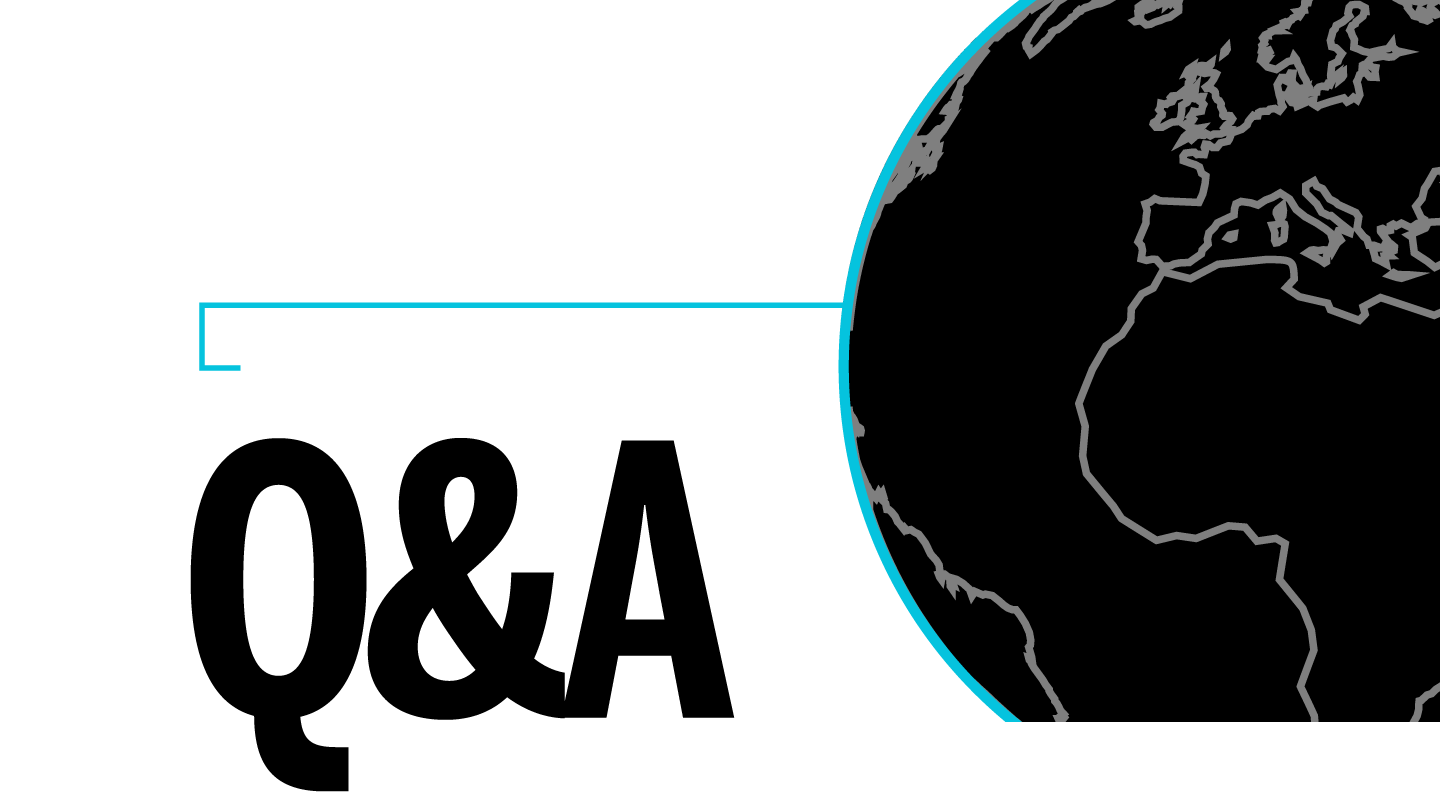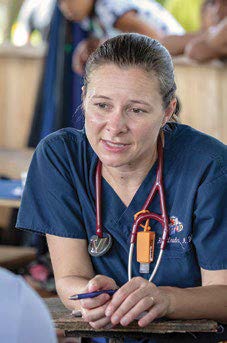
Q&A with Alexandra Leader, MD, MPH, Assistant Professor of Pediatrics and Director of Global Health at EVMS.

- How does Global Health tie in to the larger vision of EVMS? The vision of EVMS is to be recognized as the most community-oriented school of medicine and health professions in the country. EVMS Global Health advances that vision by training community-engaged physicians and health professionals to sustainably improve the health of all communities through strategic advocacy and collaborative inter-professional education, service and research.
- What responsibilities and challenges come with offering a Global Health
program?
Ensuring that the EVMS Global Health programs are founded in ethical principles
and practice is vital. We strive to teach our trainees to discern global health opportunities and practices
that demonstrate sustainable, reciprocal community partnerships, cultural humility, pooling of resources and
innovation, strengthening of local healthcare systems, and fundamentally uphold the dignity of the community.
The historical landscape of global health is littered with vestiges of failed programs that were implemented
without the insight or interests of the patient community, were unsustainable and were paternalistic or
opportunistic in nature. These types of programs are, at best, ineffective and, at worst, harmful to the
communities involved. We have to explicitly defy that appalling legacy each day. We are also charged with
reinforcing the public understanding that global health is not exclusively international; health inequities
prevail over national boundaries.
The majority of our EVMS Global Health work, in fact, is rooted in longitudinal, local health equity initiatives that build capacity for improving community health worldwide. The world is globalized, representing new levels of connection in some ways and, simultaneously, an unprecedented scale of violent fragmentation. There are currently 70.8 million forcibly displaced people worldwide (the highest number on record). We have the opportunity, responsibility and great privilege of connecting with and caring for these communities here in Hampton Roads, as in Bangladesh, and strengthening the healthcare systems within which they may thrive. - What responsibilities and challenges come with offering a Global Health program? What do you hope to see happen at EVMS in regards to Global Health? There has been tremendous growth in EVMS Global Health programs over the past two years thanks to strong community partnerships in Eastern Virginia and throughout the world. I am committed to sustaining these partnerships and the longitudinal healthy equity initiatives we support in Hampton Roads, on the Eastern Shore, and at our international global health sites. I am also interested in strengthening our capacity to address emerging public health crises, such as the Rohingya refugee crisis in Bangladesh and the displacement of asylum-seekers on the Texas/Mexico border. I hope to continue building our medical language educational programs because linguistic competency is vital for effective, inclusive healthcare and has already become a unique and identifying strength of our EVMS graduates.
EVMS Global Health fosters collaboration with local and international NGOs that support education, quality improvement, clinical service and collaborative research to strengthen systems of care and uphold the health of communities worldwide.